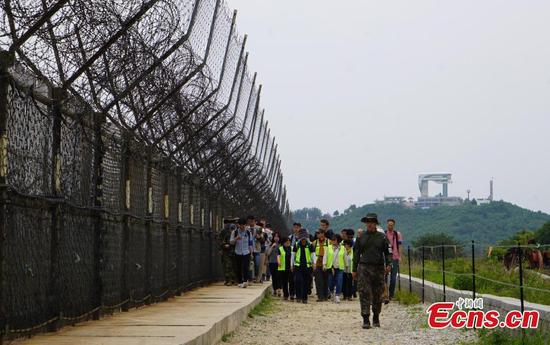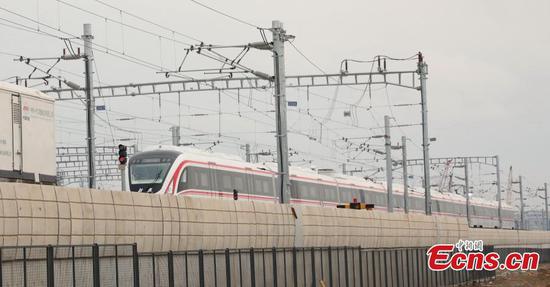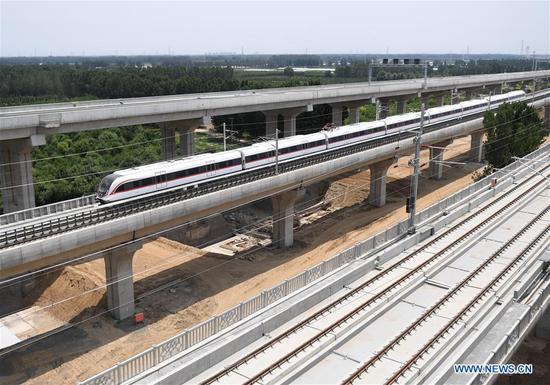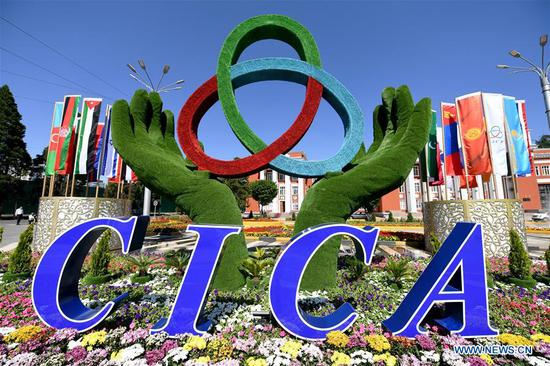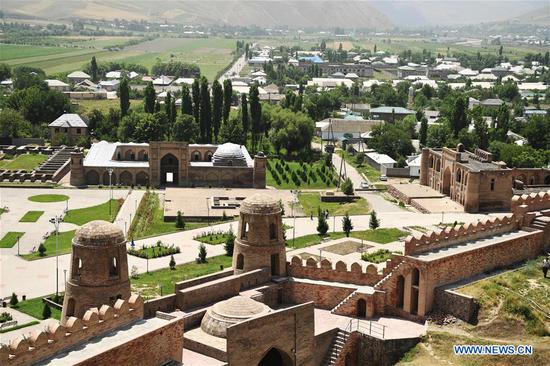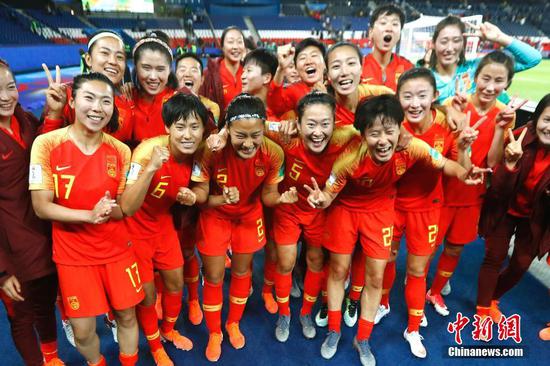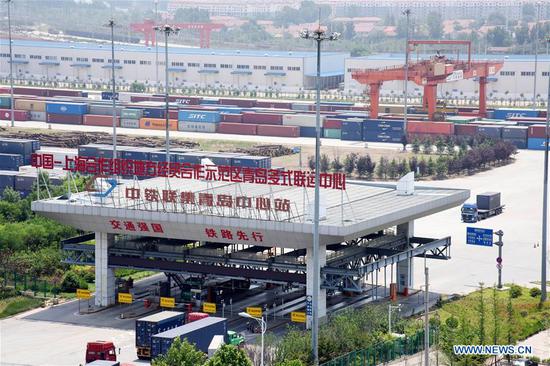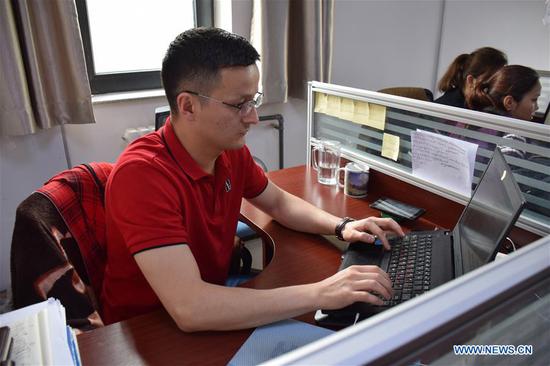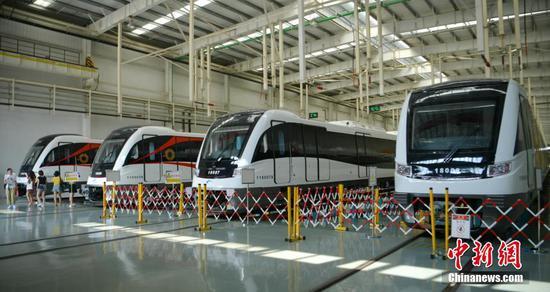Foreign firms awarded big slice of network construction
It has become clear that openness and collaboration will be an irreversible trend in the 5G era, and countries advocating fair and healthy competition will eventually succeed in the 5G race, industry representatives said Sunday.
Shortly after the Ministry of Industry and Information Technology (MIIT) issued 5G licenses to major Chinese carriers, China Mobile, the country's largest wireless operator by market value, launched a tender process for the 5G rollout worth approximately $2 billion, according to a document published on the company's official website recently.
The results of the tender show Huawei will provide most of the products needed to build the networks for the next generation of wireless technologies, while two foreign companies - Ericsson and Nokia - are ranked second- and third-largest equipment providers.
Despite continuous efforts by the U.S. to politicize 5G technology and blacklist Huawei, which is also the largest telecoms equipment vendor worldwide, China continues to show its openness and a strong will to continue cooperating with foreign companies in the 5G sector, which, analysts said, was in sharp contrast to the narrow-minded and unilateral approaches of the U.S.
The recently opened China Mobile tender shows Huawei providing 49 percent of MME/SGSN equipment, a type of core network product used for 5G technology, while Swedish firm Ericsson will provide 34 percent, followed by Finnish player Nokia with 12 percent, and China's ZTE with 5 percent.
Meanwhile, Huawei will supply 54 percent of SAE-GW/GGSN equipment, which is related to system architecture and radio service, while Ericsson is to deliver 34 percent and Nokia will provide 9 percent.
It appears that after Huawei, Swedish and Finnish telecom equipment vendors are the largest winners in the bid, which is in line with China Mobile's multi-vendor strategy that ensures network security.
"Global collaboration ensures the development of 5G. Only an open attitude will guarantee a healthy and growing industry," Li Zhen, an industry expert at Beijing-based CCID Consulting, told the Global Times on Sunday.
From 2G to 4G, European companies such as Ericsson and Nokia have participated in the development of China's telecoms sector. Miao Wei, head of the MIIT, also said at the launch event of 5G licenses on June 6 that China will continue, as it always has, to welcome foreign firms' participation in the country's 5G rollout.
When China Mobile offered about $3 billion worth of 4G base stations contracts in 2013, Nokia and Ericsson secured contracts to provide 11 percent of the required equipment, according to media reports.
"Having more than one vendor provide core infrastructure is crucial," Kevin Curran, a professor at Ulster University, told the Global Times on Sunday.
The call to ban Huawei from the U.S. would only weaken other 5G mobile rollouts and of course raise the costs dramatically as most providers have been planning their 5G deployments for years, he noted.
"China Mobile is indeed showing the West how to properly deploy 5G," Curran said.
Europe holds a different view on the U.S.-led global crackdown on Huawei, especially after the Chinese firm had already played a crucial role in the construction of Europe's 4G network.
By openly embracing the participation of foreign players, China also sent a clear message to Europe that only collaboration will help countries boost 5G growth, Wang Yanhui, head of the Mobile China Alliance, told the Global Times on Sunday.
China-EU ties in 5G
The 5G revolution relies on globally unified 5G standards, international verification of technologies and joint innovation across industries.
Chinese players are already integral to the sector's growth, and more European countries are ignoring the security rumors highlighted by the U.S. against Huawei, analysts said.
Vodafone, a major carrier in Europe, teamed up with Huawei to launch the first commercial 5G mobile services in Spain on Saturday, covering 15 major cities in the country including Madrid, Barcelona and Seville, the Xinhua News Agency reported.
With 5G mobile phones, 5G customers in Spain will experience download speeds of up to 1Gbps at onset of the launch and up to 2Gbps by the end of 2019, which means it would be 10 times faster than that of the 4G network, Xinhua said, citing Vodafone.
An industry analysis indicated that a complete ban on purchasing equipment from Chinese firms will cost about $62 billion more in 5G network construction in Europe and delay the next generation of wireless technologies by about 18 months, according to media reports.
Still, more European carriers are now putting economic and technology benefits ahead of political rhetoric by insisting on working with Chinese vendors.
The UK, Spain, Switzerland and Monaco are working closely with Huawei in their 5G rollout, and analysts also forecast that more will ignore U.S. accusations, as no country can afford to miss the opportunities offered by the reshaping of the digital economy.













